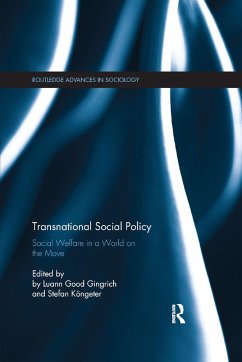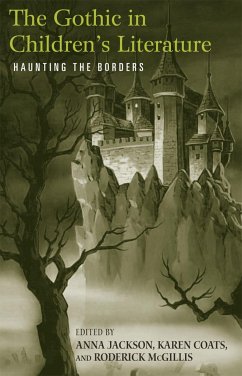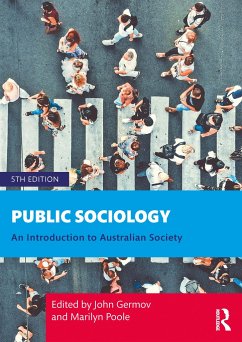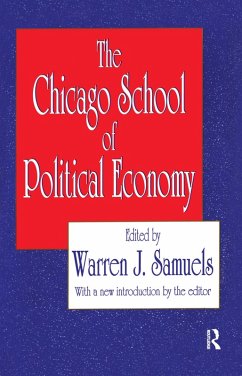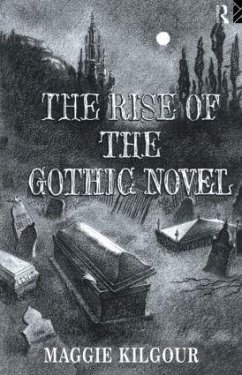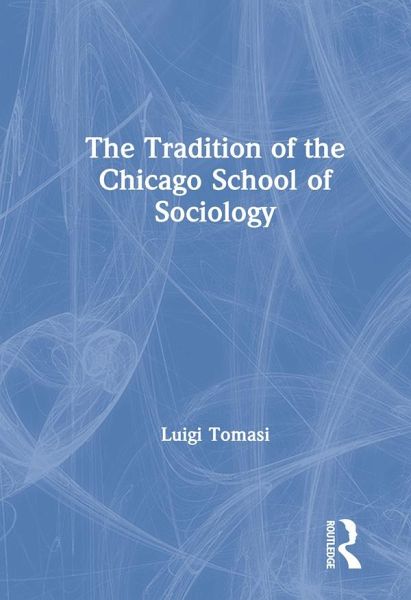
The Tradition of the Chicago School of Sociology
Versandkostenfrei!
Versandfertig in 6-10 Tagen
43,99 €
inkl. MwSt.
Weitere Ausgaben:

PAYBACK Punkte
22 °P sammeln!
The value of the book lies in its reassessment of the distinctive features of the Chicago School, of its contributions in the theoretical and methodological fields and of its influence on the growth of sociology throughout the world and in America in particular. The book pays particularly close attention to the eclectic nature of the research methods used by the Chicago sociologists as they sought to integrate subjective and objective aspects of human life. It demonstrates that this eclecticism formed an integral part of their theories but also emphasises that empirical observation, too, was i...
The value of the book lies in its reassessment of the distinctive features of the Chicago School, of its contributions in the theoretical and methodological fields and of its influence on the growth of sociology throughout the world and in America in particular. The book pays particularly close attention to the eclectic nature of the research methods used by the Chicago sociologists as they sought to integrate subjective and objective aspects of human life. It demonstrates that this eclecticism formed an integral part of their theories but also emphasises that empirical observation, too, was important, although not as an end in itself. While, for example, they were working on the concepts of organization, marginality and interaction, they did not consider these as ends in themselves but as additions to the development of a more general theoretical approach. Often in the past, and wrongly, Chicago's theoretical contribution has been restricted to the urban sector. The book clearly and unequivocally reveals how the tendency to see the Chicago School as a 'theoretical' is the result of misinterpretation and of a failure to realize that, for the sociologists of the period, understanding the social dynamics of the city of Chicago was tantamount to interpreting the central tendencies of modern society itself. The book analyzes how empirical observation was important but not an end in itself. The Chicago School developed a profusion of sociological theories in many areas of inquiry and never opted for any one particular approach. The various essays in the book also make it clear that the School decisively contributed to the development of qualitative and quantitative techniques.




